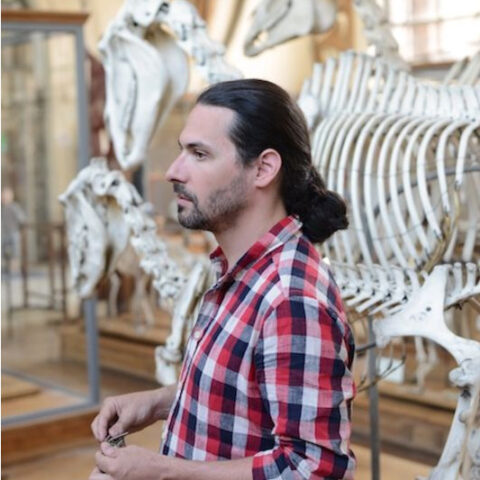Upcoming University and Messenger Lectures
Messenger Lecturer
Professor Ludovic Orlando, HDR, PhD, Agrégé, Normalien, Director, Centre for Anthropobiology & Genomics of Toulouse, CAGT, Université Paul Sabatier Toulouse III, France, is one of the world’s leading scientists who study ancient DNA. His published work over the past decade has provided paradigm-changing insights into the evolution and domestication of the horse and the contributions of the horse to human civilization.
Lecture Titles: “The Ancient DNA revolution in human evolution,” “The horse before and after our shared history, ” and “Environmental DNA: time capsules of past and present life”
Date: April 20-24, 2026
Time: TBD
Place: TBD
Messenger Lecturer
Professor Guðni Thorlacius Jóhannesson, former President of Iceland (2016–2024) and current Professor of History at the University of Iceland.
Lecture Titles: TBD
Dates: March 15-23, 2026
Time: TBD
Place: TBD
University Lecturer
Dr. Britt Wray, director of Stanford University’s “CIRCLE at Stanford Psychiatry”
Lecture Title: TBD
Date: March 2027
Time: TBD
Place: TBD



